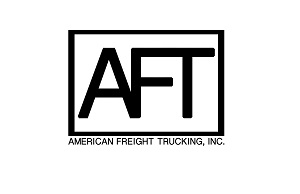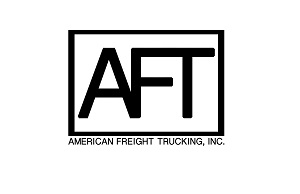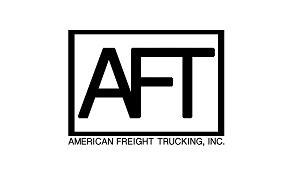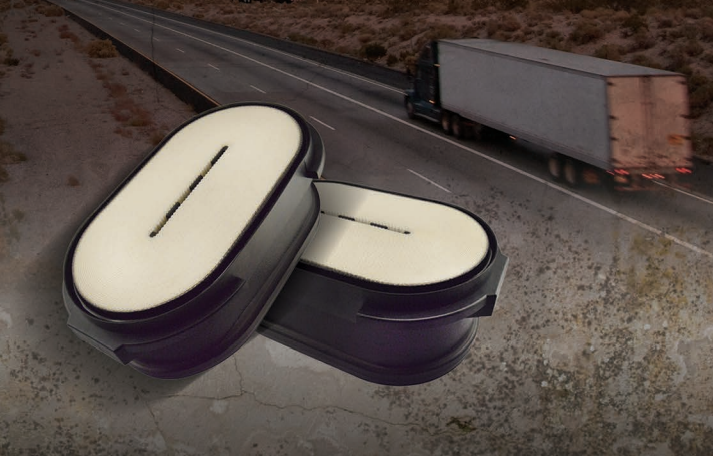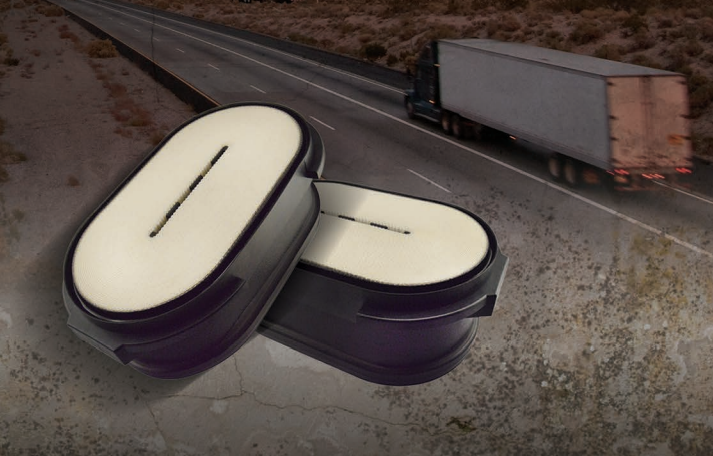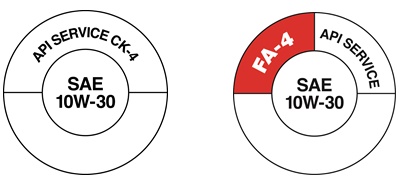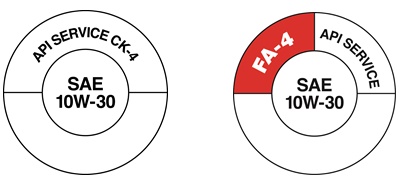The American Petroleum Institute is ramping up efforts to educate diesel engine users about the two new diesel engine oil standards it approved earlier this year, API CK-4 and FA-4.
Having two different oil categories is likely to cause confusion among truck owners. And putting the wrong oil in your engine will at the least mean it won't perform like it should and could cause engine damage, according to Kevin Ferrick, senior manager for engine oil licensing at API.
That's because FA-4 was designed for use in new 2017-model engines that are required to get better fuel economy for lower greenhouse gas emissions. The different viscosity parameters needed in these oils generally won't work well in older engines.
The new oil categories were the results of a years-long process to develop new standards and tests, a process during which the new oils were known as PC-11.
API CK-4 and FA-4 will first appear in the API Service Symbol “Donut” on Dec 1.
Most truck and engine makers will likely recommend truck owners that are currently using API-licensed CJ-4 engine oils start using licensed API CK-4 oils as soon as they are available. API CK-4 oils have been designed to better protect existing diesel engines.
API FA-4 oils, however, are different. The FA-4 standard describes certain lower viscosity oils specifically formulated for use in diesel engines designed to meet 2017 model year on-highway greenhouse gas (GHG) emission standards.
In general, FA-4 oils are not considered backward-compatible. Some engine manufacturers might recommend API FA-4 oils for their previous model-year vehicles, but it is more likely that manufacturers will recommend the oils starting with the 2017 model year engines.
Making things more confusing is the different viscosity standards go beyond the basic 10W-40 or 5W-30 type of nomenclature. In fact, you could have two 10W-30 oils on the shelf, but one would be an FA-4 and one would be a CK-4.
While lower-viscosity oils in general have been shown to improve fuel economy, the FA-4 oils must perform to a more stringent “high-temp/high-shear” viscosity test to stand up to the more punishing environment in the new engines.
Add to all this the fact that most fleets would prefer to run a single oil, and you have potential for “misapplication” — using the wrong oil in your engine.
One way the API has come up with to help truck owners identify the right oil is by changing the Service Symbol Donut. For FA-4 oils, the top of the donut has been divided, with FA-4 on the left-hand side. That part of the donut also will be shaded black or red.
In addition, the API, which in the past has typically let oil marketers handle the announcements about new categories, is using everything from interviews with the press to radio and print ads to a website and social media to get the word out under the moniker “Diesel Oil Matters.” There's a website, www.dieseloilmatters.com, a Facebook page, and a Twitter feed under @dieselmatters.
Ferrick said he's concerned that some truck owners “might believe that all oils are the same, and in this case this is not true. If you have two 10w30s side by side on the shelf, we're worried they may mistakenly grab the wrong one.
"The only way we know to mitigate that is to do the two things we've done. We named the oils differently — we called it FA-4 and CJ-4, we didn't call it CK-4A and CK-4B – and we put a new API donut on the FA 4 without changing the CK 4 donut. Between those two things, we hope we get enough information out through our campaign to educate consumers, and if not we hope the difference in the donut will give them pause.”
For fleets that aren't buying oils off the shelf, Ferrick says, “the other thing I would say gives me some concern is there are a lot of fleets used to having only one oil. They need to come to grips with the idea that as they get new equipment, they may need to start carrying a second oil.”
Related – Report: Most Fleets Should Consider Low-Viscosity Oil for Fuel Economy
Follow @HDTrucking on Twitter

